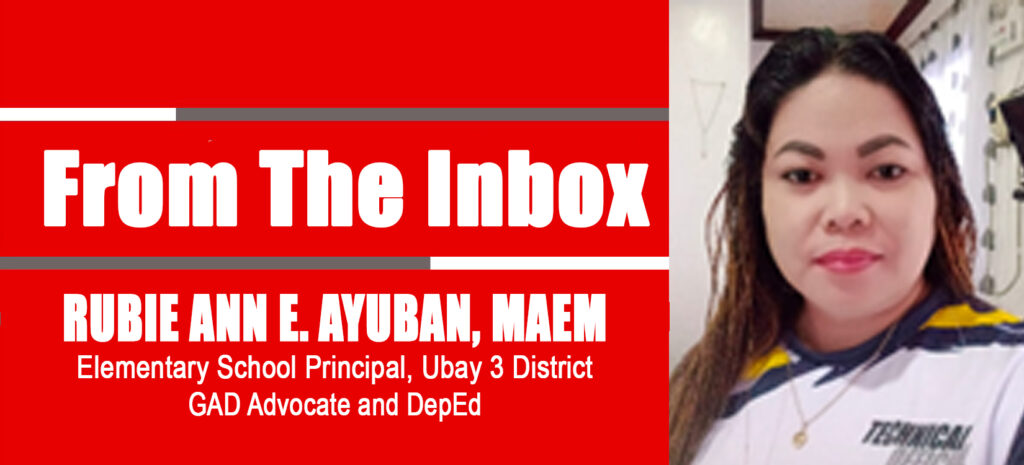
A RETOOLING activity is a training or development program designed to update, enhance, or refresh an individual’s skills, knowledge, or competencies, particularly in their current profession or field. The purpose of retooling is to: update skills and knowledge to keep pace with industry developments and technological advancements; enhance performance and productivity in their current role; prepare individuals for new challenges, responsibilities, or career transitions; address skill gaps or deficiencies; and improve overall job satisfaction and engagement.
Retooling activities can take various forms, such as: workshops, training sessions, conferences, online courses, coaching or mentoring, and peer-to-peer learning In the context of education. These activities for teachers might focus on updating their pedagogical skills, familiarizing themselves with new technologies, or enhancing their subject matter expertise.
Fortunately, a region level retooling in the conduct of Integrative Assessment, and Teaching Approaches. The activity was managed by Dr. Judith B. Abellaneda, Regional EPSvr in CLMD.
A session on Action Research (Simplified Action Research for Educational Leaders was provided by Dr. Bryant C. Acar, RO VII EPS-Science. Integrative Assessment was conducted by Dr. Cesat Rastauro Jr. EPS- Mathematics, RTC, Curriculum and Learning Management Division. Dr. Judith B. Abellaneda, discussed the different approaches in the learning delivery of GMRC and Values Education.
Action research need to be conducted in order to improve instructional strategies, refine teaching method, address educational challenges, tackle specific problems or issues, enhance student learning, boost academic achievement, foster collaborative learning, encourage teacher-student and peer collaboration, develop research-based practices, inform instruction with data-driven insights, promote reflective practice, encourage self-assessment and continuous improvement, build teacher capacity, and enhance professional skills
Integrative Assessment geared to align assessments with learning objectives, ensure measurement validity, develop comprehensive evaluation tools, combine multiple assessment methods, enhance feedback mechanisms, provide actionable insights for improvement, foster authentic assessment, mirror real-world applications, promote assessment literacy, educate teachers and students on effective assessment, encourage self-assessment, develop student reflection skills, inform instruction, and use assessment data to refine teaching.
Teaching Approaches are important concepts to update pedagogical knowledge, incorporate innovative teaching methods, differentiate instruction, cater to diverse learning styles, foster inclusive classrooms, address diverse student needs, integrate technology, enhance teaching and learning, promote critical thinking, encourage analytical skills, develop problem-solving strategies, cultivate real-world application, enhance student engagement, boost motivation and participation.
In summary, the three concepts are geared towards the improvement of student outcomes, enhancement of academic achievement, improvement of teacher effectiveness, development in professional skills, foster collaborative environments, encouragement teamwork, promotion of continuous improvement, encouragement of reflective practice, address educational gaps, integration innovative strategies, share best and promising practices, support institutional goals, and alignment with organizational objectives. The three concepts discussed during the five-day retooling activity are vital activities in the delivery of a needs-based, data-driven, process-based, and participatory in nature interventions or policy formulation. This is the main reason why, this humble proponent of this development program proposed the conduct of a three-day retooling for the District Values Education and GMRC Coordinators to enhance their competencies concerning these concepts.

